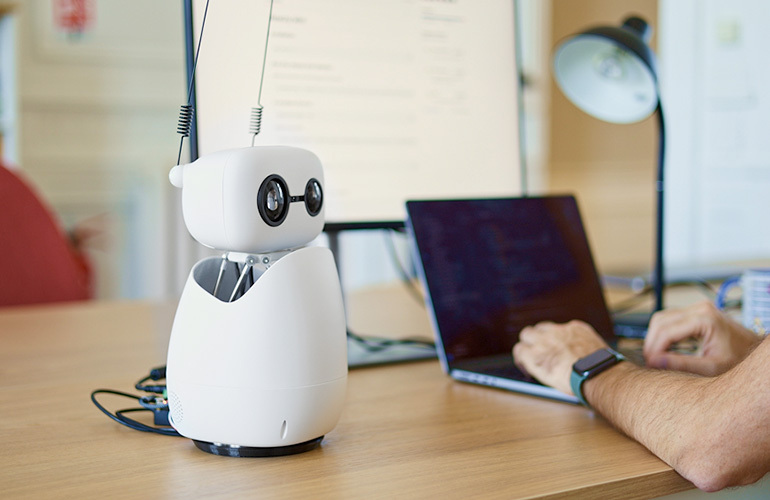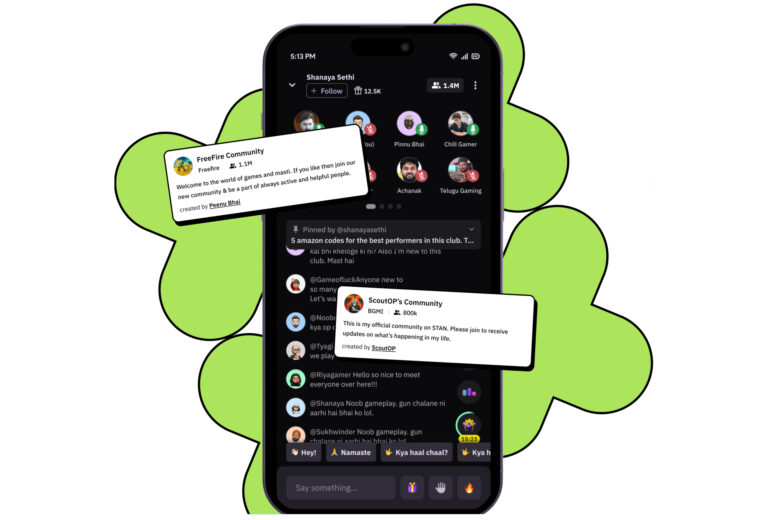Just five days after opening up orders on its Reachy Mini robots, AI developer platform Hugging Face says it has logged $1 million worth of sales. That’s not a bad start for a company that’s just recently expanded into robotics, and is largely known for letting developers download open source AI models off the internet.
On this episode of Equity, Hugging Face co-founder and chief scientist Thomas Wolf breaks down where he sees the company’s robotics going. While other startups tackling robots for the home — such as Figure and 1X — want their robots to offload some of your chores, Hugging Face sees the Reachy Mini as more of a hackable, entertainment device.
The device is small enough to fit on your desk, has two misshapen eyes with cameras behind them, as well as microphones, speakers, a head that bobs around, and a pair of antennas for robot ears. It’s designed to come with some preset apps, but also lets people build their own apps that can run locally through open source software.
Eventually, Hugging Face would like to build out a network of apps for Reachy Mini. Wolf even described the Reachy Mini as “a bit like an empty iPhone,” hinting at how massive he thinks this market is.
The Reachy Mini has gone somewhat viral since launch, largely thanks to its friendly and open design, but also its relatively accessible price point that lets consumers try out an AI-powered robot this year. Wolf says that’s a key part to this launch — making something people want to see on their desk everyday, and can actually afford. Wolf describes the Reachy Mini as an entry point for getting consumers to be comfortable with robots in their home, and earning their trust. We got into more of that on the show.
I was initially skeptical of the Reachy Mini, but I’ve started to come around to it. I think Wolf and Hugging Face’s vision for the AI device makes seems fun, and seems like a great way for kids or people know to open source software to learn about the space. Wolf also says he’s interested to see if people will vibe code apps for their robots, an idea I’m fascinated by and slightly scared of.
At other points on the show, Wolf takes listeners inside Hugging Face’s acquisition of the french robotics startup, Pollen, and his insistence on developing a robot at a low price point. Wolf also believes that open source AI will play a similar role in robotics as it has in software, and he’s trying to position Hugging Face to capture that interest.
Later in the episode, we also get into:
- How Hugging Face plans to leap from software to hardware.
- Hugging Face’s ambitions to one day sell a full-sized humanoid robot.
- The role of privacy in consumer robotics, and how open-source can address it.
Equity is TechCrunch’s flagship podcast, produced by Theresa Loconsolo, and posts every Wednesday and Friday.
Subscribe to us on Apple Podcasts, Overcast, Spotify and all the casts. You also can follow Equity on X and Threads, at @EquityPod.















